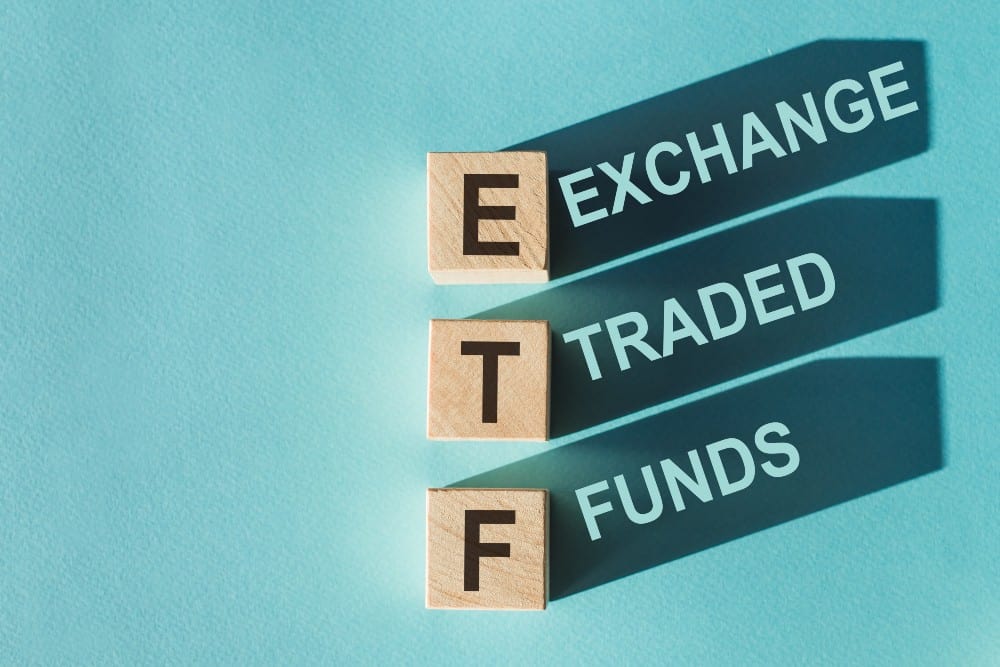The latest inflation figures for Canada and the U.S. are officially in, and, to put it bluntly, they’re looking ugly. For the month of February, Canadian consumers were hit with a 5.1% year-over-year increase, while U.S. consumers dealt with a whopping 7.9% year-over-year increase.
In short, things aren’t looking too swell. With inflation looking decidedly un-transitory, both the Federal Reserve and the Bank of Canada will initiate further interest rate hikes to quell it. This will create significant headwinds for both bonds and growth stocks.
What sectors are inflation resistant?
Traditionally, the commodities sector has been a good play during inflationary environments. To put it simply, inflation means higher commodity prices, whether it be oil, petrol, natural gas, or even renewables. As a consumer, this hurts our wallets when we do things like fill up our cars.
However, from the perspective of an investor, this means these assets are worth more now, and holding them can bring you returns when other asset prices are low. The prices of commodities like oil and wheat shot up recently, further fueled by supply chain shortages and economic sanctions from the Russian invasion of Ukraine.
Why commodity ETFs aren’t the best pick
Investors looking to gain access to commodities can use exchange-traded funds (ETFs). However, there are some things to watch out for here. Most commodities ETFs use derivatives called futures, which causes them to suffer from a phenomenon known as contango. Essentially, they lose value slowly over time.
Add this to the high management expense ratios (MER) these ETFs usually charge, and you have a poor candidate for a long-term hold, especially during volatile market conditions. A better option is a commodity sector ETF that tracks the performance of stocks involved in those industries.
Option 1: An energy sector stock ETF
iShares S&P/TSX Capped Energy Index ETF (TSX:XEG) offers targeted exposure to companies in the Canadian energy sector. The ETF has a total of 22 holdings. Notable underlying stocks include Suncor Energy, Canadian Natural Resources, Crescent Point Energy, Cenovus Energy, Imperial Oil, and Tourmaline Oil.
Being a capped index, XEG puts restrictions on the weights of each stock in the index and rebalances their allocations quarterly. This is to ensure that no single stock can grow so large as to dominate the ETF, which provides better diversification. The ETF costs an MER of 0.61% to hold.
Option 2: An agricultural sector stock ETF
iShares Global Agriculture Index ETF (TSX:COW) gives Canadian investors easy, one-stop-shop exposure to 37 agriculture industry stocks from developed markets around the world. It seeks to replicate the performance of the Manulife Asset Management Global Agricultural Index, net of fees.
Around 84.44% of the stocks held by COW are from the U.S., while 9.44% are from Italy, 3.06% from Canada, and 2.70% from Israel. Well-known Canadian companies held include TSX large-caps stocks like Nutrien, Tyson Foods, and Rogers Sugar. The ETF will cost you a MER of 0.72% a year to hold.
The Foolish takeaway
Skip the expensive commodities ETFs. The price decay from contango and tracking error from rolling the futures just isn’t worth it. A better option is to tilt your portfolio by targeting stocks from inflation-resistant sectors like energy and agriculture, which are heavily influenced by spot commodity prices. Gaining indirect exposure this way is cost effective and less risky.






